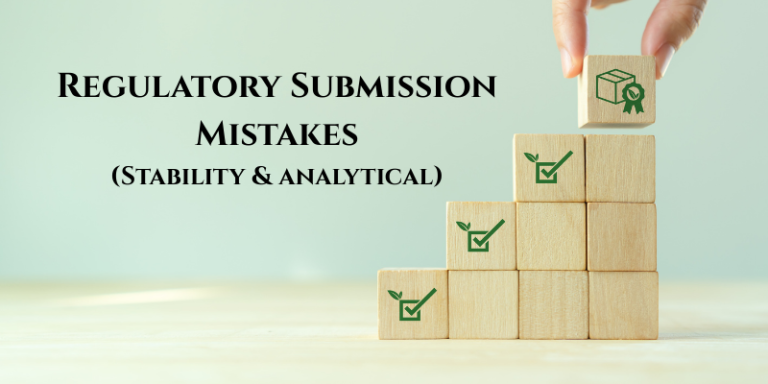Key Challenges of Forced Degradation Study
Forced degradation studies are more than a regulatory checkbox—they are a cornerstone of quality assurance, designed to reveal the intrinsic stability of a molecule and its behavior under stress. Yet, their potential is often underutilized due to common yet avoidable pitfalls.
Key Insights into Frequent Challenges
Inadequate Stress Conditions
The art of forced degradation lies in achieving a balance: enough stress to produce meaningful degradation (10-30%) but not so much as to obliterate critical insights. Overstressing or under-stressing can obscure valuable data, leading to inconclusive results.
Stability-Indicating Methods Missteps
A stability-indicating method is not merely a validated method—it must unequivocally separate and quantify the active pharmaceutical ingredient (API) and all its degradation products. Failure to establish this distinction undermines the credibility of the study.
Lack of Comprehensive Degradation Pathway Analysis
The degradation process is a window into the molecular vulnerabilities of a drug substance. Ignoring or incompletely characterizing degradation products, especially those with toxicological relevance, poses risks not only to the registration timeline but also to patient safety.
Overlooking Regulatory Context
Compliance with ICH guidelines is foundational, but true excellence in stability testing lies in anticipating questions from regulatory reviewers. Provide robust justifications for stress conditions, experimental designs, and observed outcomes to preempt delays.
Fragmented Documentation
Precision in experimental execution must be mirrored by precision in reporting. Clear, comprehensive, and meticulously organized data—supported by chromatograms, spectral analyses, and well-articulated conclusions—demonstrates scientific rigor and regulatory readiness.
Boarder Implications
Beyond mere compliance, forced degradation studies illuminate the lifecycle management of pharmaceuticals, guiding formulation development, packaging design, and storage conditions. By elevating the quality of these studies, we don’t just expedite the registration process—we contribute to the global mission of ensuring safe, effective, and reliable medicines.
Read also:
- Forced Degradation Studies in Pharmaceutical Industry
- Forced Degradation Studies During Method Validation
- Forced Degradation Studies for API Selection
Resource Person: Ahmed El-Elwani







